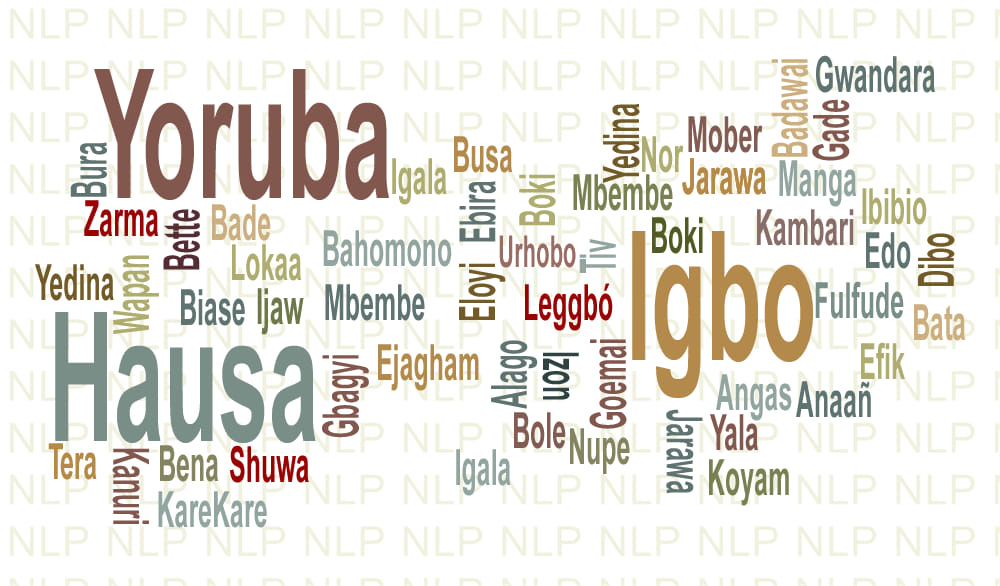Today is Mother Tongue Day. February 21 every year was proclaimed as the International Mother Language Day (IMLD) by the General Conference of the United Nations Educational, Scientific and Cultural Organization (UNESCO) in November 1999. The UN General Assembly welcomed the proclamation of the day in its resolution of 2002. The UN General Assembly in its resolution on May 16, 2007 called upon member states “to promote the preservation and protection of all languages used by peoples of the world”. The theme for the 2022 IMLD is ‘Using technology for multilingual learning: Challenges and opportunities’.
Technology, indeed, has the potential to address some of today’s challenges in language and in education generally. During the first wave of the COVID-19 pandemic, for example, the deployment of technology helped to guarantee continuity of learning in many countries, thereby containing the effect of the year-long closure of schools. Given the digital support that technology offers, indigenous Nigerian languages stand to gain from communication resources that can facilitate a broader use of mother tongues and further their development.
Besides globalization with its impactful tools on indigenous cultures, the apathy for mother tongue by some native speakers is another attitudinal threat confronting indigenous languages and cultures in Nigeria. When people abandon their native languages in favour of a foreign one, they end up moving away from their indigenous culture. Language is the natural custodian and preserver of the historical, literary and intellectual treasures of indigenous culture. The elitist penchant for everything ‘West’ to the detriment of mother-tongue is a huge dis-service that short-changes indigenous culture; and a faster means to killing native languages.
It is ridiculous that English has been adopted to take the place of mother tongue in some Nigerian homes; leaving children in such homes without a native language. If consistent reduction in the number of native speakers of a language could endanger it, then some Nigerian languages could potentially be at the risk of extinction. Recent studies have shown that, globally, a language disappears every two weeks; taking with it an entire cultural and intellectual heritage.
When a language dies, opportunities, traditions and unique modes of expression are also lost. At least 43 per cent of the estimated 6000 languages spoken in the world are said to be endangered. In Nigeria, 29 minor languages are said to be on the verge of extinction. A UNESCO report had in 2006 predicted that Igbo language could become extinct after 50 years. Ajawa language spoken in Bauchi and Basa-Gumna in Niger State are among the seven other indigenous languages that have gone into extinction in Nigeria.
While Section 20(d) of the existing National Policy on Education in Nigeria stipulates that “the medium of instruction in primary schools shall be the language of immediate environment for the first three years in monolingual communities”, the existing situation in Nigerian schools at the basic level of the system does not reflect this policy. Lack of enough teachers to teach Nigerian languages in schools is one critical challenge facing the teaching of indigenous languages in the country. These inadequacies seek to frustrate the application of the principle advanced by Nigeria’s former Minister of Education, Professor Babs Fafunwa, that children learn science and mathematics faster when taught in their mother tongue.
In addition to preserving cultural heritage of the people, indigenous languages strengthen intercultural dialogue. With their complex implications for identity, communication, social integration, education and development, mother tongues have strategic significance for every human society. Multilingual and multicultural societies such as Nigeria need mother tongues, which transmit and preserve, in a sustainable way, traditional knowledge and people’s culture. Mother tongues foster tolerance and respect for others.
We urge government at all levels to, within the requirements of their respective statutory functions, support researchers, linguists, scientists and technologists to develop the alphabet and orthography of indigenous languages where they do not exist. The invention of relevant mobile applications would also promote the use of indigenous languages in an ICT-driven world. We further call on the federal government to strategically support the National Institute for Nigerian Languages in Aba, Abia State, to actualize its mandate of producing trained and qualified teachers of Nigerian languages. The National Institute for Cultural Orientation (NICO) is implored to improve upon its advocacy for the use of mother tongues by Nigerians.
In recognition of the 2022 IMLD, there’s nothing wrong if, at tomorrow’s plenary session, senators and Reps exercise the provisions of Section 55 of Nigeria’s 1999 Constitution, which allows proceedings to be conducted in English, Hausa, Igbo and Yoruba. Now, more than ever, the government can use the mother tongue as a way of unifying the country by encouraging people to learn and speak languages of areas where they reside other than their own. Daily Trust encourages Nigerian parents to use mother tongue as the language of interaction in their homes. Above all, the development and implementation of an all-inclusive national language policy for the country is paramount to guarantee the preservation of all indigenous languages in Nigeria, especially those with less number of native speakers.

 Join Daily Trust WhatsApp Community For Quick Access To News and Happenings Around You.
Join Daily Trust WhatsApp Community For Quick Access To News and Happenings Around You.


